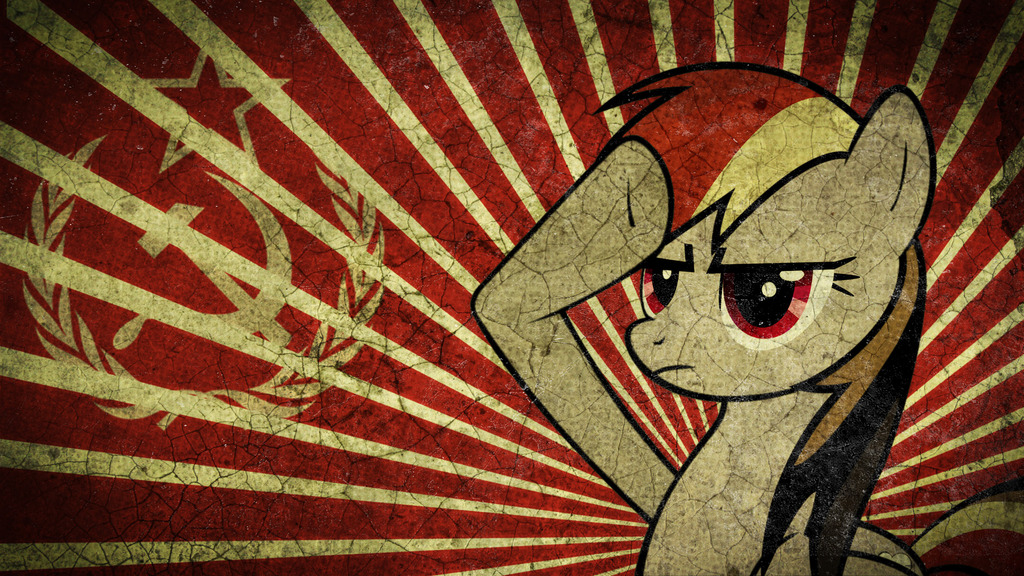The Khmer Rouge was an extremely reactionary, pseudo-communist regime that orchestrated a genocide. Obviously, it was not controlled by the working people, who were systematically executed.
In addition, as the bourgeoisie barely existed in Cambodia at the time, and money was abolished, there was no way it could be a dictatorship of the bourgeoisie.
But according to Marxist theory, every state is a dictatorship of one class to oppress another. So I am curious: What kind of class dictatorship was Democratic Kampuchea?


Just read a little about the Narodniks and their connection to left SRs makes sense. It’s interesting how much they resemble Maoist formations in practice and theory, despite having been relevant ten decades prior to MLM’s “synthesis”. Fetishization of the peasant class often coming from a well-off representative of the intelligentsia, dealing in party splits instead of ideological rectification, random acts of terrorism over actual praxis, the belief in the ability to “skip” the capitalist stage of development, on and on. Now I wonder if Narodnik literature specifically influenced any of the major representatives of MLM; Sison, Gonzalo, etc.
I don’t think MLMs would have been familiar with Narodnik literature, it would have been way before their time and far too niche a subject to become widely known about outside of Russia. Also i get the impression that they didn’t really read all that much, otherwise they would have read Lenin’s scathing critiques of that sort of utopian peasant socialism.
Now personally i tend to be more sympathetic toward the Narodniks than i am toward MLMs because at least back then you could argue they didn’t know better. Leninism didn’t exist yet, and in a way they were an important precursor to Russian communism. Even Lenin’s brother i believe was associated with them.
Lenin and other like-minded Russian revolutionaries ended up embracing Marxism and scientific socialism after analyzing and coming to terms with why the Narodniks failed. It was an important learning experience. The problem with MLMs is that they don’t learn from past mistakes, they are too dogmatic, refuse to adapt and instead keep reinforcing failure.
They, like the Narodniks before them, have more in common with anarchists than with Marxist socialists.